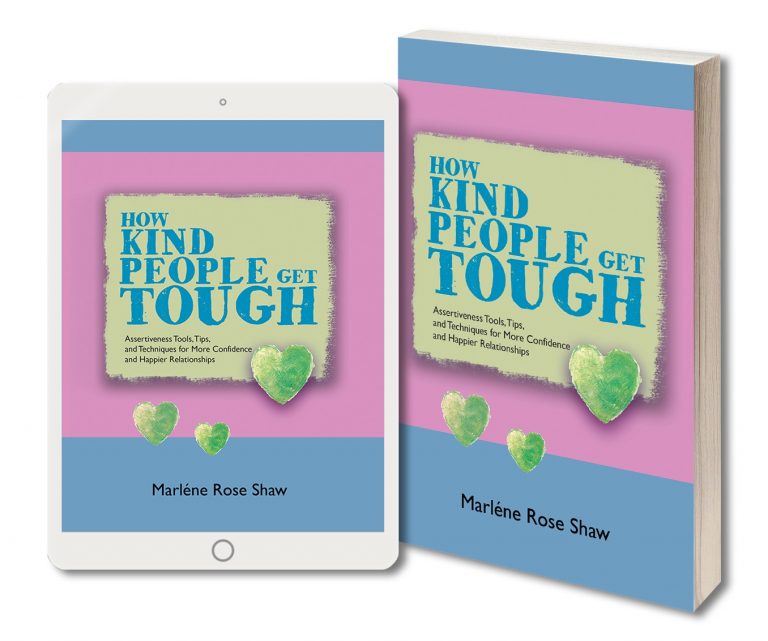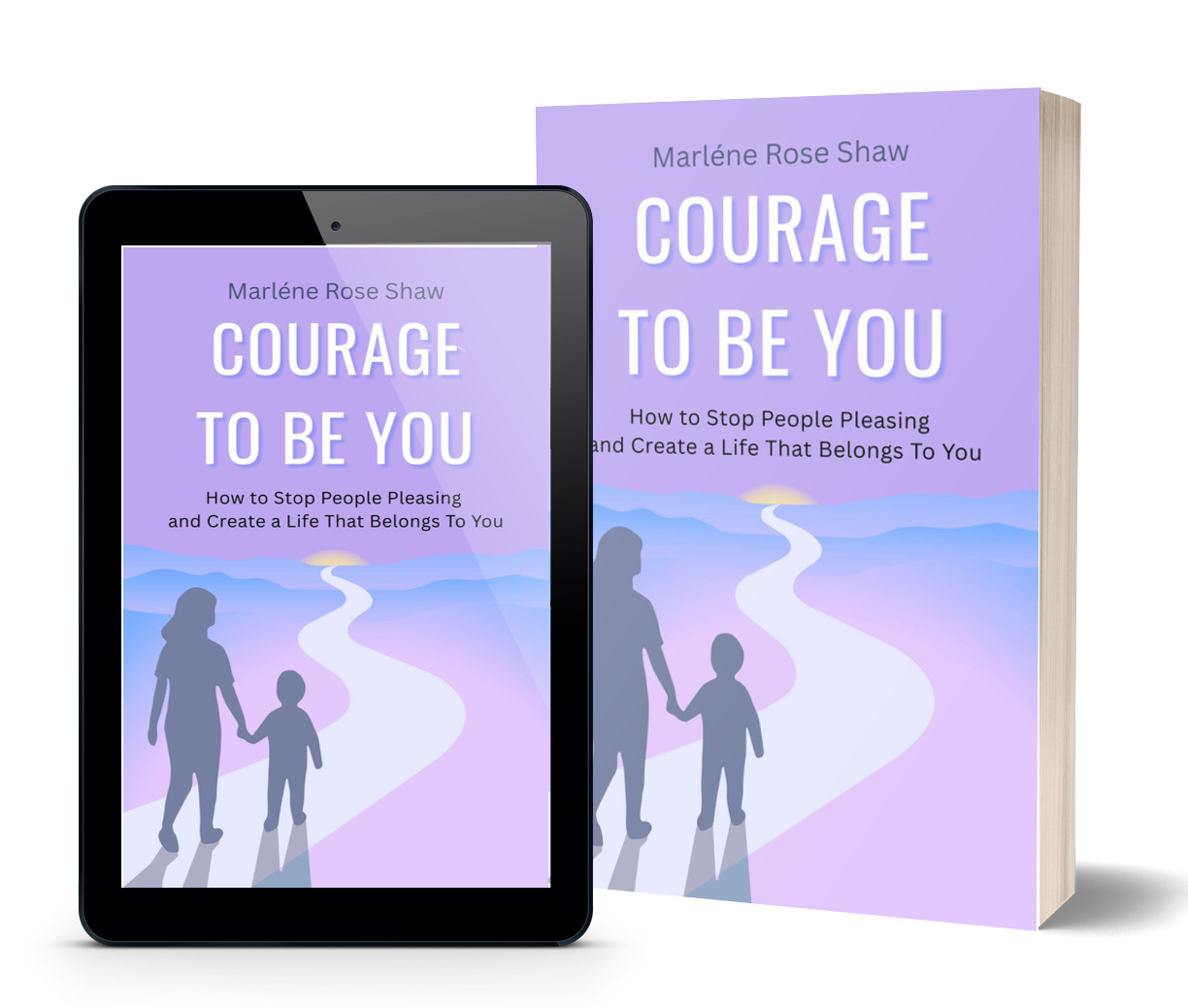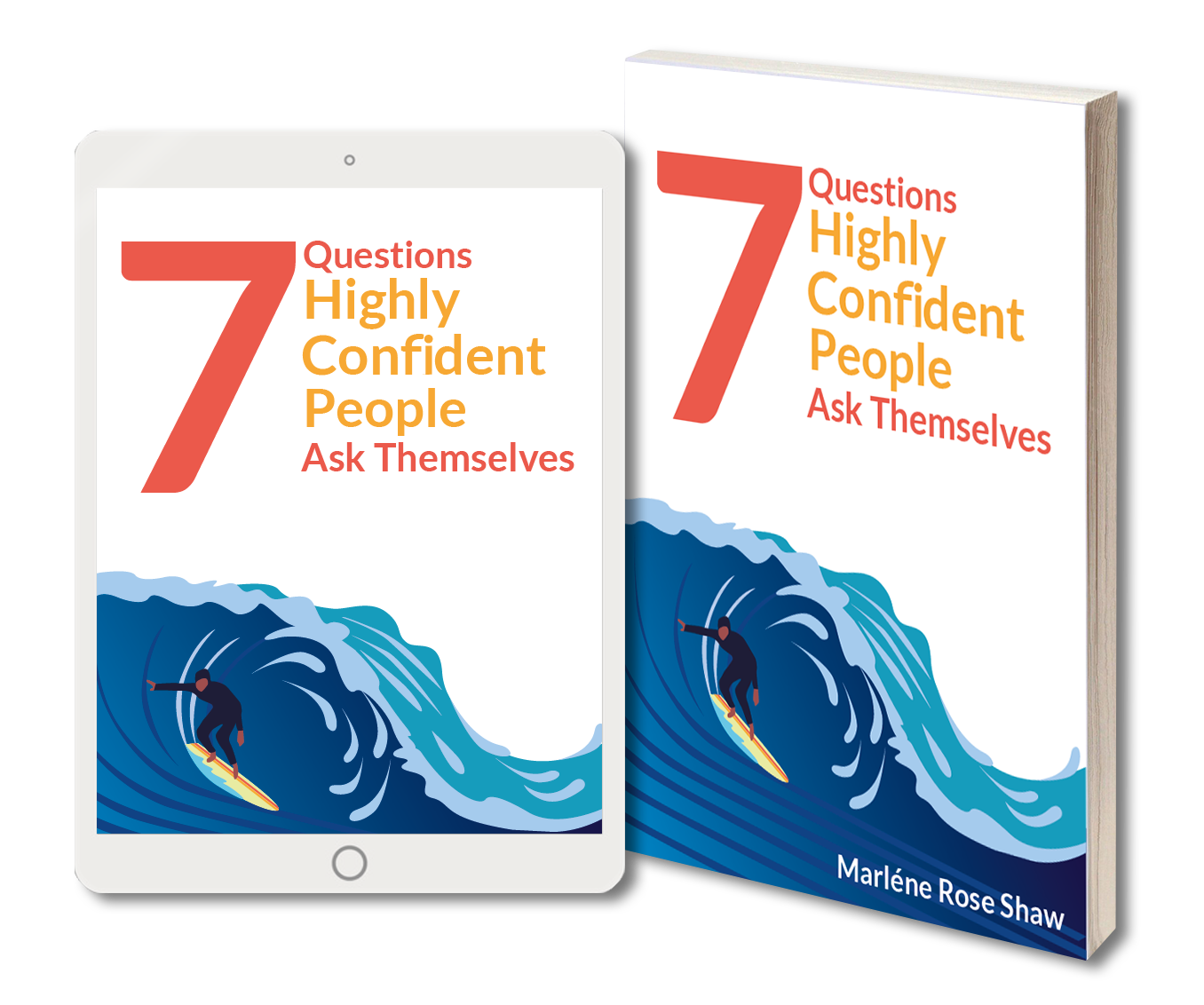Marléne Rose Shaw
Therapist, Coach and Self-Help Author

For too long you’ve put other people’s needs ahead of your own. You’ve gone along with what others want, stayed quiet when you wanted to speak up, and haven’t felt seen or valued in the way you deserve.
But now you’re starting to pay attention to your inner voice. It’s telling you it’s time to make a change.
You no longer want to rely on other people’s approval for your sense of happiness and success.
You want to stop feeling the need to please, and start feeling more confident in your own skin — able to say what you really want, make choices that feel right for you, and have relationships that feel equal, respectful, and fulfilling.
This is your time.
The first step is getting very clear on how people-pleasing shows up for you.
Start by taking the quiz.
Many people struggle to stop people-pleasing because they see it as just one thing — when really, it shows up in different ways:
Rescuing • Avoiding Conflict • Fitting In • Overgiving • Fixing
The key is to recognise which of these you tend to do most. When you know how to deal with each one, it becomes so much easier to set boundaries, say no without guilt, and speak up with confidence.
Take the quiz to discover your people-pleasing patterns, and I’ll send you tips and guidance to help you break free from what’s been holding you back.
Books
How Kind People Get Tough is based on over 25 years helping clients gain confidence and have happier relationships.
If you want to say no without guilt, stop people pleasing, gain respect, be properly heard, set boundaries that work, know where you stand in your relationships, this is the book for you.
Plus Free Online Companion Course and Intentional Life Plan
Gain a deep understanding of the five types of people-pleasing, and how to identify your own patterns.
Learn simple but powerful strategies to change these patterns in your everyday life and relationships.
Learn how to easily navigate the confusions and self-doubts that can make it hard to handle people-pleasing situations.
Based on the most important self-reflective questions that come up in therapy, these 7 powerful questions will help you gain great confidence, successfully navigate challenging situations, and build strong and lasting relationships.



